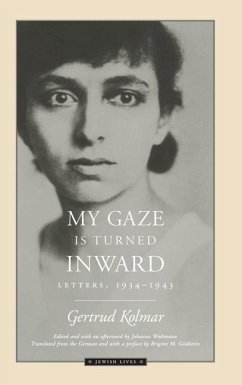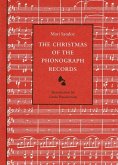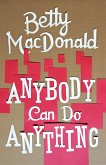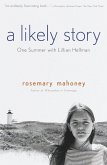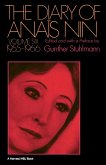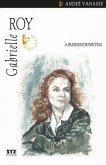Events of the time are a bit like Impressionist paintings . . . which combine into a recognizable whole only when observed from a distance.-Gertrud Kolmar, in a letter to her sister, October 22, 1939 So a picture of Gertrud Kolmar, a gifted Jewish writer struggling to sustain her art and her family in the midst of the encroaching horrors of Nazi Germany, emerges clearly from these eloquent and allusive letters. Written in the stolen moments before her day as a forced laborer in a munitions factory began, the letters tell of Kolmar's move from the family home in Fikenbrug to a three-room flat in Berlin, which she and her father must soon share with three other displaced Jews. They describe her factory work as a kind of learning experience, and assert, in the face of ever-worsening conditions, that true art, never dependent on comfort or peace, is "capable of triumphing over . . . time and place." Indeed, her letters are a triumph of art, transforming an externally adverse fate and communicating the freedom of the human will in the midst of unfreedom. >
Hinweis: Dieser Artikel kann nur an eine deutsche Lieferadresse ausgeliefert werden.
Hinweis: Dieser Artikel kann nur an eine deutsche Lieferadresse ausgeliefert werden.

